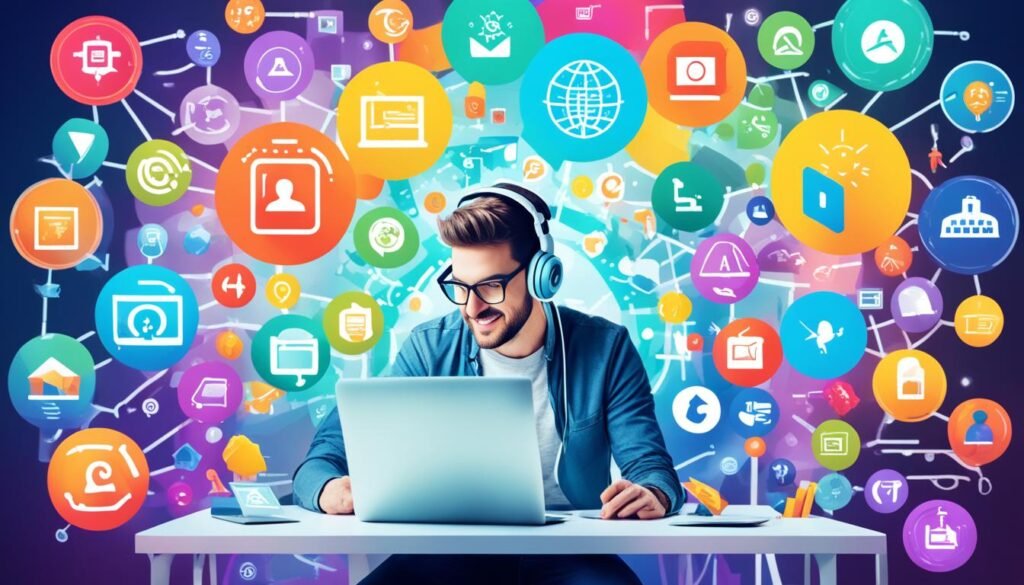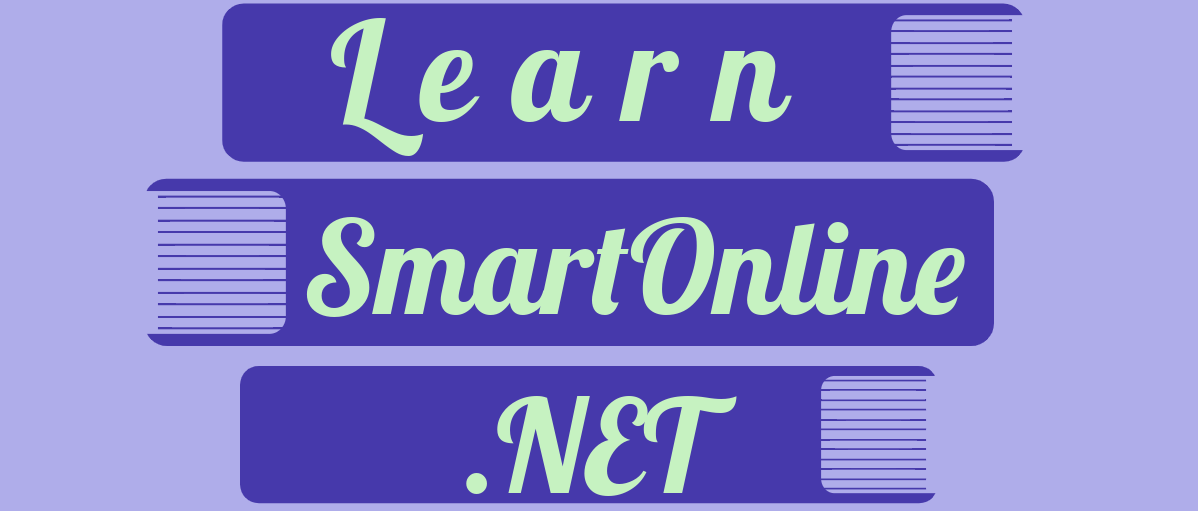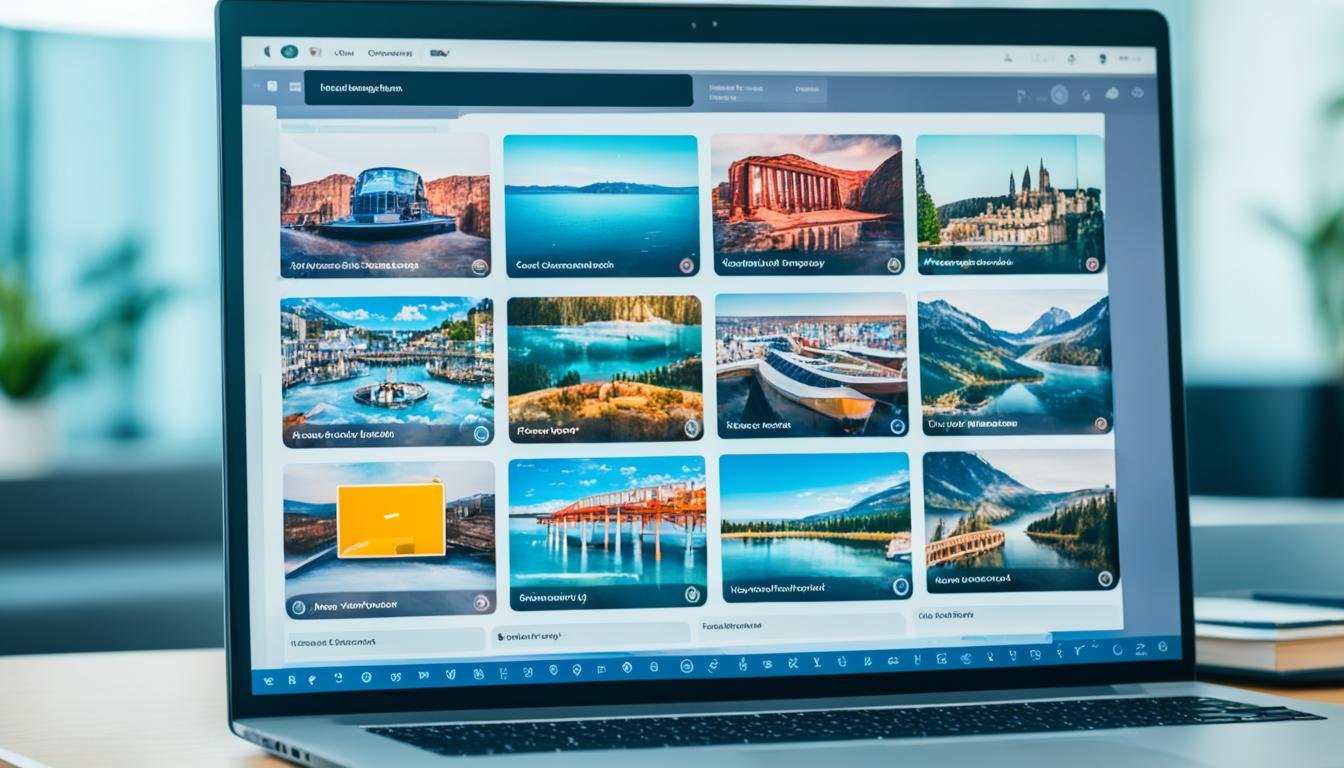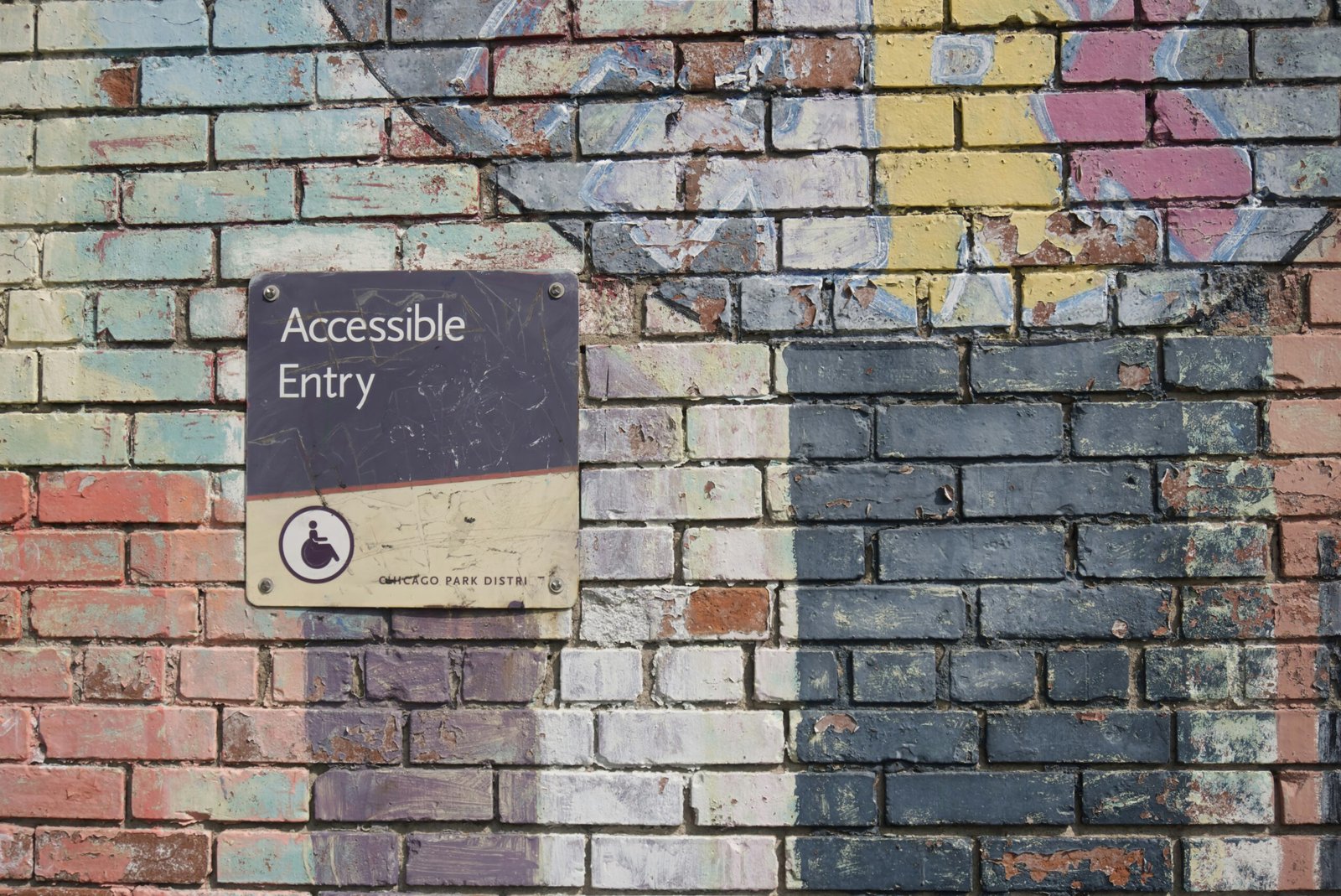Welcome to the digital era, where technological advancements are transforming every aspect of our lives. In this technology-driven world, digital literacy has become a fundamental skill set that empowers individuals to thrive and succeed. From basic computer skills to internet competence and technological proficiency, developing a strong foundation in digital literacy is essential for navigating the complexities of the modern world.
When we talk about digital literacy, we encompass a wide range of skills and competencies. These include information literacy – the ability to locate, evaluate, and use information effectively – and media literacy – the capacity to critically analyze and interact with various forms of media. Digital fluency is another vital aspect of digital literacy, enabling individuals to engage confidently with digital tools and technologies.
In this series of articles, we will delve into the intricacies of digital literacy and explore the various skills needed to master it. We will discuss the importance of online navigation and the ability to discern reliable information from misinformation. We will also provide practical tips and resources for improving technological proficiency and developing essential computer skills. By the end of this journey, you will be equipped with the knowledge and skills necessary to become a digitally literate individual in an ever-evolving digital landscape.
Understanding Digital Literacy: A Comprehensive Overview
Digital literacy is a multi-faceted concept that encompasses various skills and competencies essential for navigating the modern technological landscape. In this section, we will explore the different aspects of digital literacy, focusing specifically on information literacy and media literacy. Understanding these components is crucial in today’s digital era, where the ability to effectively access, evaluate, and utilize information is vital.
Information Literacy
Information literacy is the ability to identify, locate, evaluate, and effectively use information from various sources. It encompasses critical thinking, research skills, and the ability to discern reliable information from misinformation or disinformation. In the digital age, where information is abundant and readily accessible, information literacy plays a vital role in helping individuals make informed decisions and navigate the vast sea of online content.
“Information literacy is more important than ever in today’s digital world. With the exponential growth of digital information, individuals must possess the skills to critically evaluate and apply the information they encounter.”
Developing information literacy involves honing skills such as analyzing information for bias, validity, and accuracy, as well as understanding how to cite and reference sources ethically. It empowers individuals to be discerning consumers and creators of information, contributing to a more informed and engaged society.
Media Literacy
Media literacy refers to the ability to access, analyze, evaluate, and create media content across various formats. In the age of digital media, where information is intricately intertwined with technology, media literacy plays a crucial role in fostering critical thinking, digital citizenship, and responsible media consumption.
Media literacy involves understanding how media messages are constructed, interpreting their intended and unintended meanings, and questioning the influence of media on individuals and societies. It equips individuals with the skills to differentiate between fact and fiction, identify biases, and engage with media content in a thoughtful and informed manner.
“Media literacy is essential for navigating the complex media landscape and empowering individuals to be active participants rather than passive consumers of media.”
By developing media literacy, individuals can effectively analyze media messages, decipher underlying motives, and engage in critical discussions. This empowers them to make informed decisions, challenge misinformation, and contribute meaningfully to a digital society.

Understanding the key components of digital literacy, such as information literacy and media literacy, is essential for individuals to thrive in an increasingly digital world. By honing these skills, individuals can navigate the vast ocean of information, critically evaluate sources, and engage with media content responsibly. In the next section, we will delve into the development of essential computer skills as a foundational aspect of digital literacy.
Developing Essential Computer Skills for Digital Literacy
In today’s digital world, having strong computer skills is essential for achieving digital literacy and technological proficiency. With the rapid advancement of technology, individuals must possess the necessary knowledge and abilities to navigate and utilize digital tools effectively. In this section, we will explore the importance of developing these essential computer skills and provide practical tips and resources for enhancing technological proficiency.
The Types of Computer Skills Required
Computer skills encompass a wide range of abilities that enable individuals to perform various tasks on digital devices. These skills can be categorized into different domains, including:
- Basic Computer Skills: Fundamental skills necessary for operating a computer, such as using a keyboard and mouse, understanding file systems, and managing folders.
- Software Proficiency: The ability to use software applications, including word processors, spreadsheets, presentation software, and graphic design programs.
- Internet and Web Browsing: Skills needed to navigate the internet, conduct online research, evaluate websites, and understand basic internet protocols.
- Information Security: Knowledge of how to protect personal information, avoid scams, and maintain privacy and security while using digital devices and the internet.
- Collaboration and Communication: Competencies in utilizing communication tools, email, instant messaging, video conferencing, and collaborative platforms to work effectively with others.
By developing proficiency in these areas, individuals can enhance their digital literacy and become more technologically competent.
Practical Tips for Improving Technological Proficiency
Improving technological proficiency requires consistent practice and exploration of digital tools and resources. Here are some practical tips for developing computer skills:
- Create a Learning Plan: Identify the areas where you need improvement and set specific goals for yourself. Break down each skill into manageable tasks and create a learning plan.
- Take Advantage of Online Tutorials: Online platforms like YouTube, Udemy, and Coursera offer a wide range of tutorials and courses on various computer skills. Take advantage of these resources to learn at your own pace.
- Join Online Communities: Participate in online communities and forums related to computer skills. Engage in discussions, ask questions, and learn from experts and peers.
- Practice Regularly: Consistently practice your computer skills by actively using digital tools and applications. The more you practice, the more comfortable and proficient you will become.
- Stay Updated: Technology is constantly evolving, so it’s important to stay updated with the latest advancements. Follow technology blogs, news websites, and subscribe to relevant newsletters to stay informed.
Remember, developing essential computer skills is an ongoing process. Embrace the opportunity to learn and adapt to the ever-changing digital landscape, and you’ll enhance your digital literacy and technological proficiency.

Navigating the Internet with Confidence and Competence
In today’s digital age, internet competence is an essential skill for digital literacy. With the vast amount of information available online, it’s crucial to navigate the internet safely and effectively. This section will provide strategies and tips for developing online navigation skills and practicing responsible online behavior.
1. Evaluating Reliable Sources
When conducting research or seeking information online, it’s important to critically evaluate the reliability of sources. Here are some key considerations:
- Check the credibility of the author or organization. Look for reputable experts and trusted institutions.
- Assess the accuracy and currency of the information. Look for up-to-date sources with factual and verifiable content.
- Consider the bias or potential conflicts of interest in the information presented. Look for a balanced perspective.
2. Practicing Responsible Online Behavior
Being a responsible digital citizen involves respectful and ethical behavior when engaging with others online. Here are some tips to foster positive online interactions:
- Be mindful of your digital footprint. Think before you post or share personal information.
- Respect others’ privacy and intellectual property rights. Obtain permission before using or sharing someone else’s content.
- Practice good netiquette. Use appropriate language and tone in online communication.
Quote: “Internet competence is not just about knowing how to use a browser; it’s about understanding how to navigate the online world responsibly and ethically.” – Jane Smith, Digital Literacy Expert
By developing internet competence and honing your online navigation skills, you can confidently explore the vast digital landscape while ensuring your safety and making informed decisions. Remember to continuously learn and adapt as technology evolves.
| Key Elements of Internet Competence | Benefits |
|---|---|
| Ability to effectively search for information | Access to a wealth of knowledge and resources |
| Understanding of privacy and security measures | Protection against online threats and scams |
| Skills in evaluating online sources | Ability to discern reliable information from misinformation |
| Knowledge of digital etiquette | Positive and respectful online interactions |
Conclusion
Digital literacy is an essential skillset in today’s technology-driven world. To succeed in this digital era, individuals must develop technological proficiency, online navigation abilities, and media literacy.
Technological proficiency is crucial for individuals to effectively utilize digital tools and platforms. It involves having a deep understanding of computers, software applications, and other digital devices. By honing their technological skills, individuals can confidently navigate the digital landscape and leverage technology to accomplish their goals.
Additionally, online navigation skills play a vital role in digital literacy. Being able to navigate the internet safely and effectively allows individuals to access information, connect with others, and engage in online activities with confidence. Understanding how to find reliable sources, evaluate information critically, and practice responsible online behavior are essential components of online navigation.
Lastly, media literacy is essential in the digital age. With the abundance of information and media sources available online, individuals must possess the ability to analyze, evaluate, and interpret various forms of media. Media literacy empowers individuals to consume and produce media content responsibly, allowing them to comprehend and navigate the digital landscape effectively.




